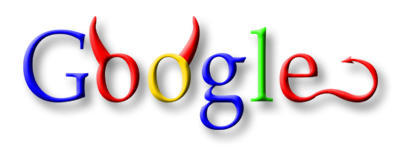What it means when open source is no longer the underdog

There has been a sea change in public opinion.
Google is now seen as the evil empire. Microsoft, they're the feisty little guys up in Washington state.
The change has also been marked by a new attitude toward open source. Google's delivery of open source code for Living Stories is treated as ho-hum. The donation of $2 million to Wikimedia is quickly followed by snark. Is that all they're giving? Well, their search engine likes Wikipedia best.
Forget how cool Living Stories is, or the effort that went into creating it. There must be some hidden agenda.
It reminds me of the Monty Python "Dennis Moore" sketch (above). The poor become the rich, the rich poor. This redistribution of wealth is trickier than I thought.
The initial impacts of this changed attitude are being felt by Google, which has long used open source donations to maintain goodwill, a vital asset in a business environment that can abandon you at the click of a mouse.

Every donation is now questioned. The attitude that Google wants to "control the Internet," along with its content and access, has spread beyond its Bellhead lair and into the general public, making anti-Google acts like France's "online ad" tax seem more acceptable.
I predict these anti-Google rumblings are going to start hitting open source, too, and soon. There are always dual motives in open source -- it's part of the business world after all. There is an assumption that open source steals jobs, and drives down tech wages, which is growing.
It may be too late to put the open source genie back. And it's true that the gains of open source, its value, accrue mainly to customers large and small, not to open source companies, and not even to programmers.
But the days of "open source good" and "closed source bad" are over. The knees won't jerk that way any more. Questions are going to be raised. Motives are going to be challenged.
I count this as a sign of success. What do you think it is?